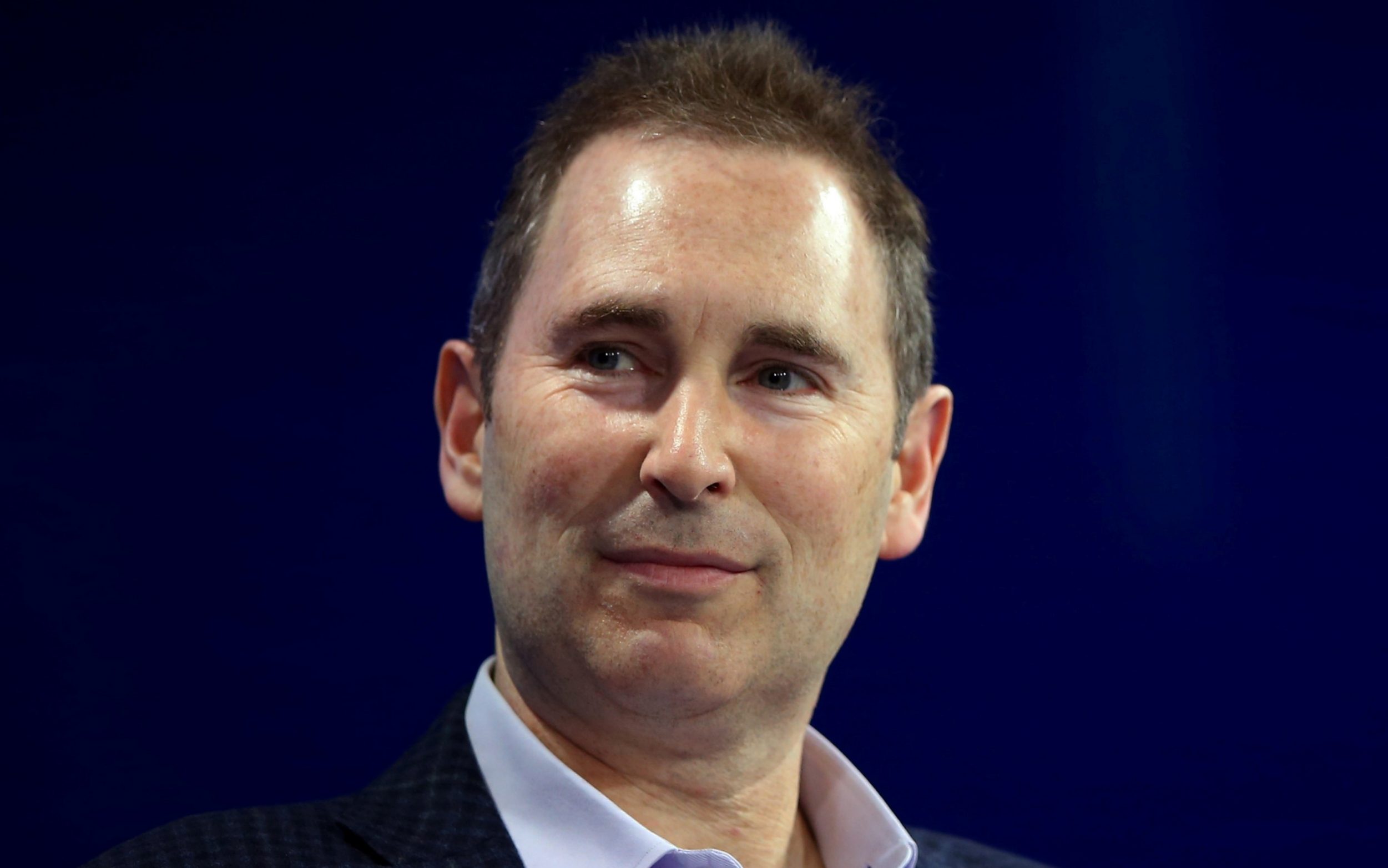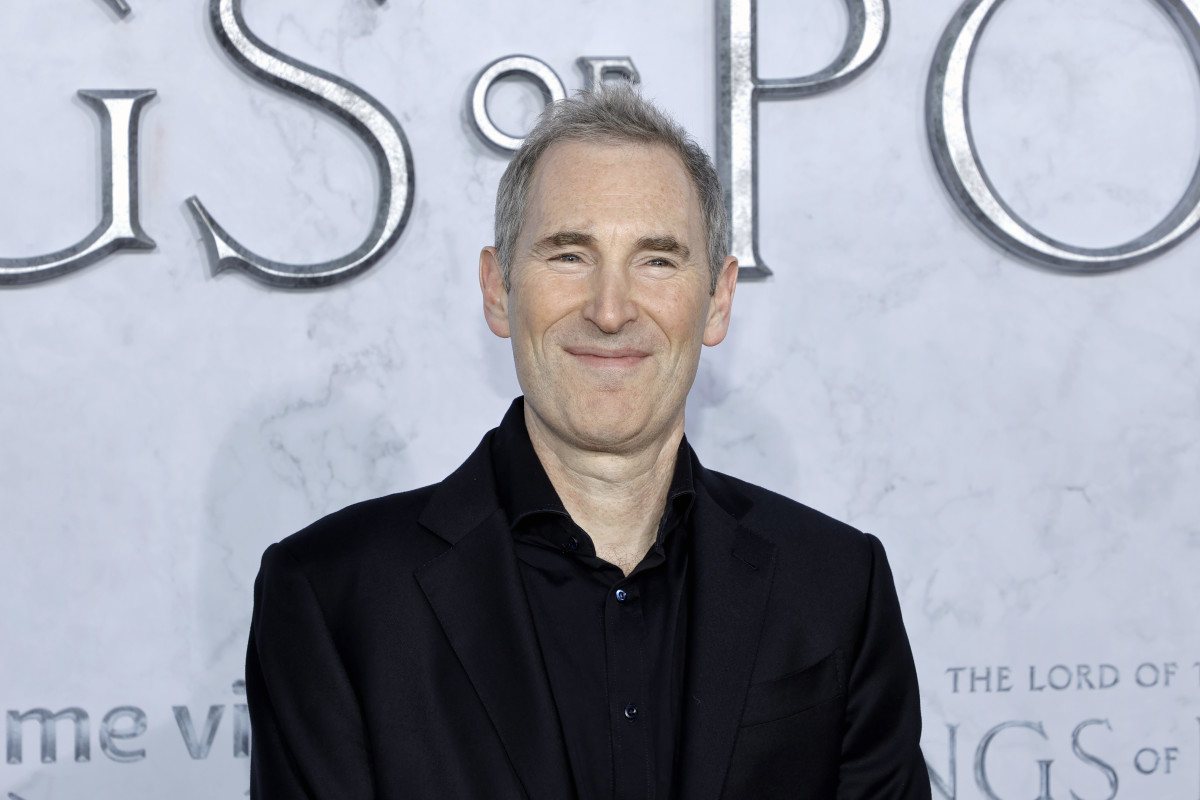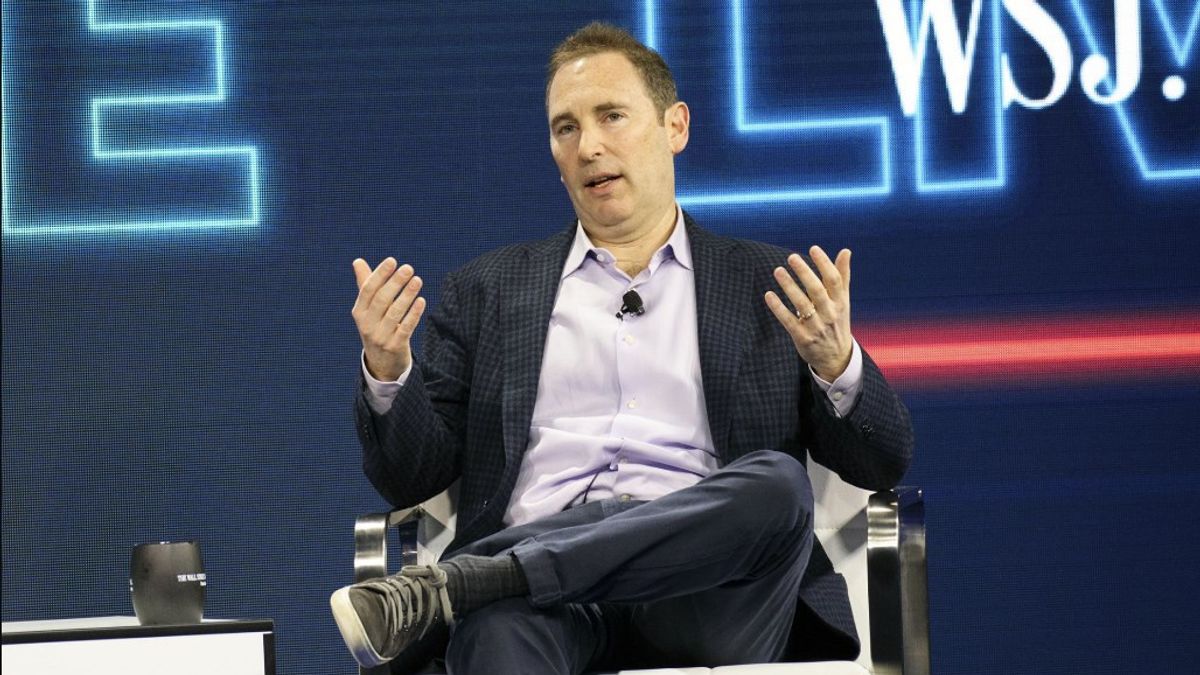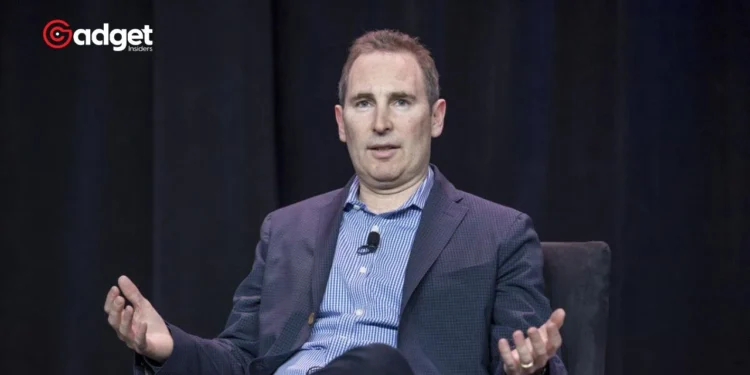Amazon CEO Andy Jassy’s opinions on unions, once shared across various media platforms, have now placed him in legal jeopardy. Comments made throughout 2022 expressing Jassy’s belief that Amazon employees would be better off without union representation have triggered a decisive action from the National Labor Relations Board (NLRB).
During an April 2022 interview on CNBC’s “Squawk Box,” Andy Jassy outlined his view that unions could hinder workplace efficiency. “At a place like Amazon that empowers employees, if they see something they can do better for customers or for themselves, they can go meet in a room, decide how [to] change it and change it,” Jassy said. His assertion was that union involvement introduces bureaucracy and slows decision-making processes.
Further solidifying his stance at the New York Times DealBook Summit later that year, Jassy emphasized his preference for unfiltered employee feedback. “I think it’s nice to be able to have a direct relationship with your manager,” he noted, suggesting that union representation could dilute such interactions.

Legal Implications of Andy Jassy’s Anti-Union Remarks
The NLRB’s investigation, culminating in a ruling on May 1, found Andy Jassy’s remarks to contravene the National Labor Relations Act, designed to protect workplace democracy. The board deemed his comments as not only a misrepresentation of employee rights but also as unlawful threats that exceeded First Amendment protections.
According to the NLRB, Jassy’s predictions about the negative consequences of unionizing—such as a loss of direct managerial relationships and a decrease in employee empowerment—were illegal. This has led to a cease and desist order against Amazon to prevent similar statements in the future. The company is also required to inform its employees of their rights through both physical and electronic notices.

Amazon’s History with Labor Unions
The backdrop to this legal development is Amazon’s complex relationship with labor unions, notably beginning with the establishment of the Amazon Labor Union at the JFK8 Fulfillment Center in Staten Island in April 2022. This was a landmark event, as it marked the first successful union formation at Amazon, spearheaded by employee Chris Smalls. Smalls, inspired by a leaked memo from Amazon’s General Counsel David Zapolsky that disparaged him, became a prominent figure in the unionization movement.
An administrative law judge has ruled that Amazon CEO Andy Jassy violated labor law by making certain anti-union comments during media interviews two years ago. In a ruling issued Wednesday, the National Labor Relations Board judge pointed to statements… https://t.co/Al1u7jXwhb
— KSTP (@KSTP) May 2, 2024
Despite these grassroots efforts, Amazon has been frequently criticized for its handling of unionization attempts. Allegations of disciplinary actions and micromanagement of union activities have surfaced, including the controversial firing of a Kentucky warehouse worker shortly after his participation in a walkout, though Amazon denies that the dismissal was related to union activities.

Conclusion: The Future of Labor Relations at Amazon
The recent NLRB ruling against Andy Jassy’s anti-union comments underscores a growing scrutiny of Amazon’s labor practices. As the company navigates these legal and public relations challenges, the world watches closely to see how one of the largest global employers will adapt its approach to worker rights and unionization. This case may well set a significant precedent for how corporate leaders discuss and handle unionization efforts in the future, suggesting a possible shift towards more cautious and regulated corporate communication regarding labor rights.










